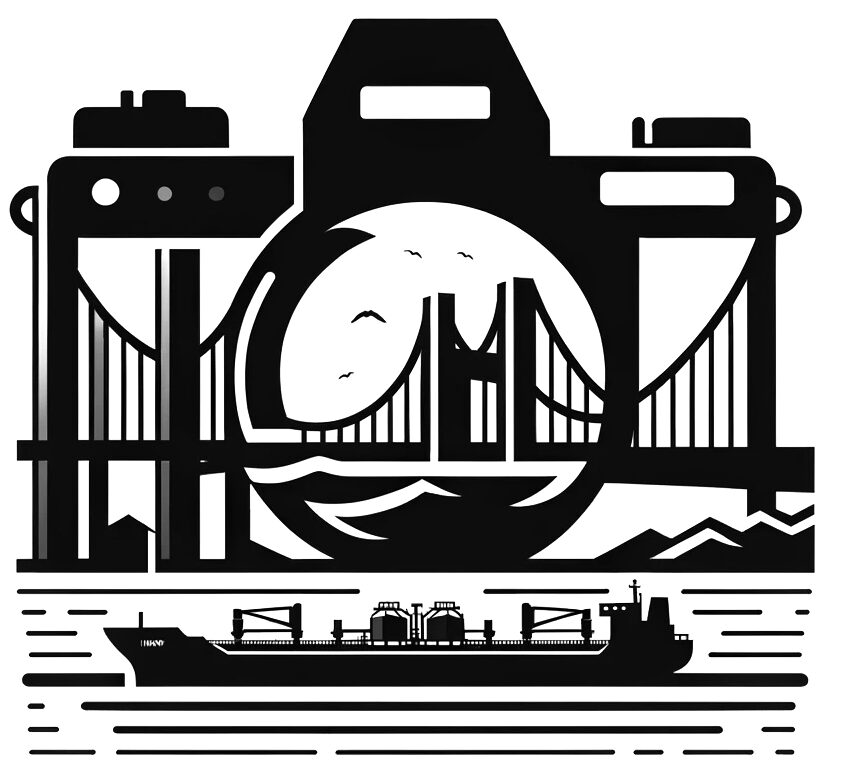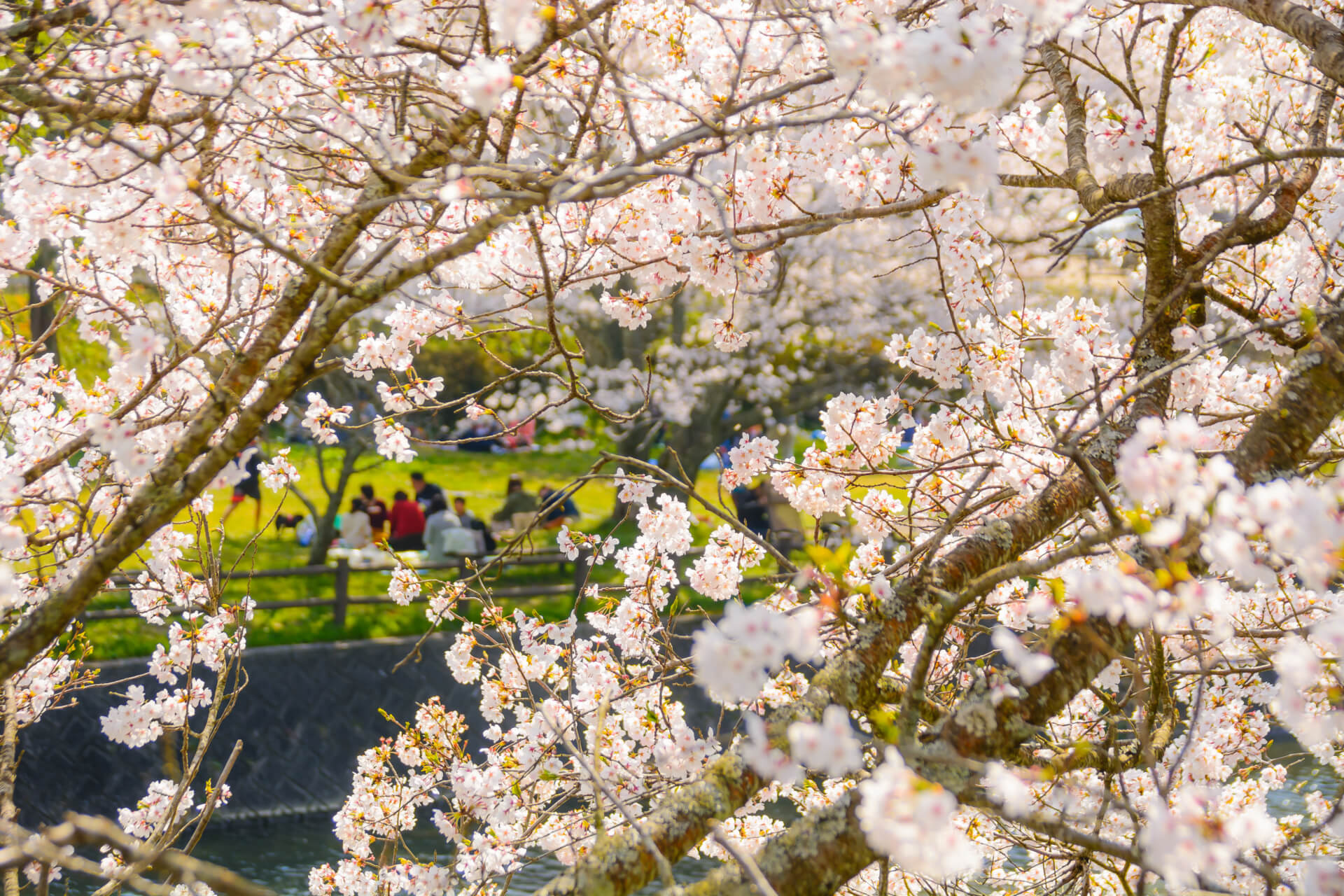The Majestic Cherry Blossoms of Tamagawa Dam
Situated in Imabari City, Ehime Prefecture, Tamagawa Dam(玉川ダム) is built on the Sogo River, a part of the Sogo River system, classified as a secondary river. The surrounding region boasts well-maintained parks and campgrounds, in addition to a city-operated boathouse, serving as a pivotal recreational venue for the community. It’s a place where students frequently engage in practice sessions and competitions during their leisure time.
The scenic beauty of cherry blossoms in spring and the vibrant autumn foliage is a draw for both tourists and locals alike. Attractions such as Tamagawa Lake Park and various camping areas offer ample opportunities to immerse in nature, making the areas around Tamagawa Dam and Lake Tamagawa popular for nature encounters and leisure activities.
Notably, the vicinity of Tamagawa Dam (Lake Tamagawa) is famous for its splendid display of around 500 Somei Yoshino cherry trees, best viewed from late March to early April annually. The cherry blossoms are illuminated from 18:00 to 22:00, allowing the splendor of the blooms to be appreciated both day and night.
Annually, the cherry blossom season is celebrated with the “Sakura Festival” at the “Tamagawa Lakeside Village.” The festival is characterized by an array of booths selling local delicacies and products, offering visitors a memorable experience of spring. During this time, a communal atmosphere prevails as locals and visitors alike gather to revel in the festival’s joyous moments amidst the stunning cherry blossom scenery.
ABOUT TAMAGAWA
The Tamagawa Dam’s relationship with the Sogo River is fundamentally linked through flood control and water utilization aspects. The Sogo River has a history of suffering from numerous floods, which underscored the need for comprehensive flood control measures. As a response, the Tamagawa Dam was conceived and subsequently realized.
Background of Flood Control Measures: From the year 1673 to 1893, over a span of 220 years, the Sogo River endured 14 significant disasters due to dyke breaches. These catastrophic events highlighted the critical importance of flood control measures in the Sogo River basin. The disaster in 1893 alone resulted in extensive damage, including the loss and destruction of a large number of houses. In light of this, the need extended beyond strengthening the dykes to constructing a dam for the control of floods.
Sogo River Comprehensive Development Project: Recognizing the urgent need for both flood control and water supply development, Ehime Prefecture launched the Sogo River Comprehensive Development Project in 1964. As part of this initiative, the construction of the Tamagawa Dam was planned, initiating surveys for flood regulation, unspecified water use, potable water supply, and industrial water.
Construction and Impact of the Tamagawa Dam: Construction of the dam began in 1968, and by March 1971, the Tamagawa Dam was completed. This construction significantly improved flood control in the Sogo River basin, enabling control over water flow during floods. On the water supply front, it ensured the stable provision of agricultural water, drinking water, and industrial water.
Introduction of Small Hydroelectric Power Generation: In January 2017, a small hydroelectric power station, started in March 2015 at the Tamagawa Dam, was completed and began operation. This power station has advanced the use of renewable energy, contributing to the region’s energy supply.
The Tamagawa Dam plays a central role in both flood control and water utilization in the Sogo River basin. With a history of flood damage, the Sogo River basin has benefitted from the dam’s capacity for flood regulation and stable water supply, significantly contributing to the region’s safety and development.
Access and Local Area Information
- Location: Tamagawa-cho, Ryugaoka Shimochou, Imabari City, Ehime Prefecture
- Parking: Available
- Admission: Fee
(Approximately 100 units) - Contact Information: 0898-55-2211
(Imabari City Hall, Tamagawa Branch, Residents’ Service Division)- 0890-55-3092
(For inquiries about the Cherry Blossom Festival:)
- 0890-55-3092

